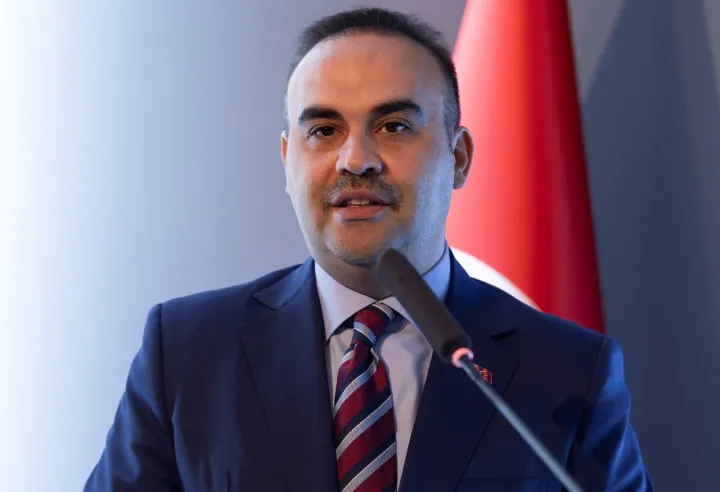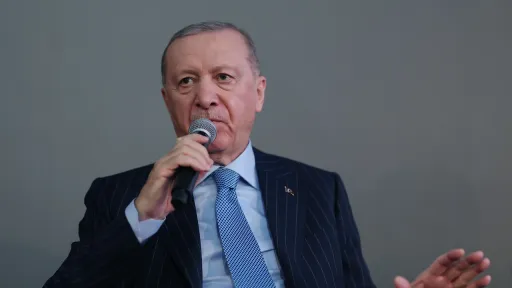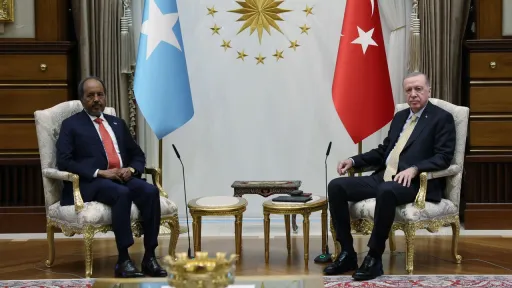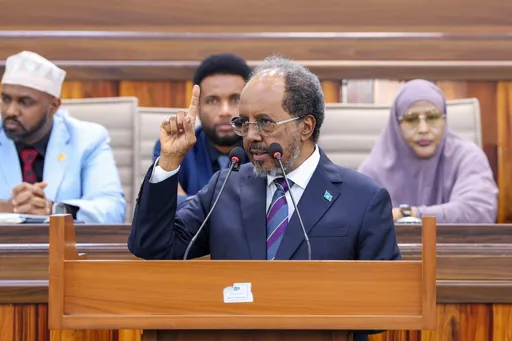A bombing at a teahouse in a village in northeast Nigeria has killed 19 people and wounded two dozen more, in the second major attack in a few weeks, security sources said on Thursday.
The blast in Kawuri village in Borno State on Wednesday evening was one of the deadliest in recent years in northeast Nigeria, where violence from a grinding insurgent conflict has been on the decline.
"There was an explosion at a tea joint in Kawuri around 8pm yesterday. We have recovered 19 dead bodies and 27 injured," Ibrahim Liman, a member of an anti-jihadist militia that works with the army, told AFP.
Two other militiamen confirmed the toll in Kawuri, around 50 kilometres (30 miles) from the state capital Maiduguri.
Suicide bomber
Another Kawuri militia commander, Kurmi Challume, said the attack was carried out by a suicide bomber and that at last ten people had died.
No group has claimed responsibility for Wednesday's blast, but the Boko Haram insurgent group and their rivals, the ISWAP, are both active in Borno.
Borno State's governor on Thursday declared a 24-hour curfew after the attack, a police statement said.
The curfew was imposed as Nigerians demonstrated nationwide over a cost of living crisis, including in Maiduguri and the capital Abuja.
'Took us by surprise'
Militants still carry out ambushes, roadside bombings and kidnappings from rural hideouts, but bomb attacks in towns and villages are now less common in the northeast.
"Boko Haram struck in Kawuri last night. They took us all by surprise because it has been a while without such attacks," Babakura Kolo, a militia commander, told AFP.
The wounded were transported to hospitals in Maiduguri, he said.
Nigeria's military did not immediately respond to a request for confirmation.
Multiple suicide attacks
The Kawuri attack came just weeks after multiple suicide attackers killed 32 people in Borno State's Gwoza area when they targeted a wedding, a hospital and a funeral.
Large bomb attacks have become rare since Nigeria's army pushed militants back from territory they controlled at the height of the conflict in 2014, with Chadian forces helping to drive insurgents out.
Tackling insecurity was one of the priorities for President Bola Ahmed Tinubu when he came to office more than a year ago.
Nigeria's armed forces are also fighting heavily armed gangs in the country's northwest.
Thousands killed
More than 40,000 people have been killed by the insurgent conflict in the northeast and another two million displaced since 2009.
Hundreds of thousands of people have also been displaced in the northwest and central states of Nigeria, where gangs, known locally as bandits, target villages and farms for mass kidnapping for ransom.
➤ Click here to follow our WhatsApp channel for more stories.
























